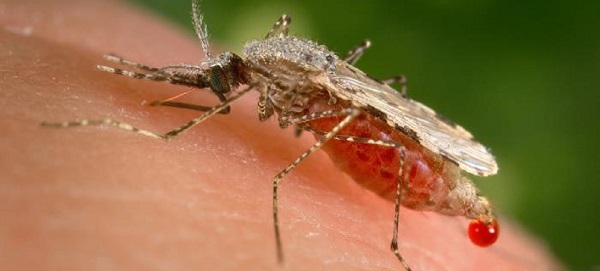
Despite gaps in the fight against malaria, there is a rise in the use of insecticide-treated mosquito nets (ITN) in rural areas, as well as improved access to malaria prevention strategies among vulnerable groups.
This was revealed by a recent Nigeria Demographic and Health Survey (NDHS) 2023-24 report. The report, revealed over the weekend in Abuja, highlights key data on malaria prevention and treatment.
The NDHS data indicates a noteworthy rise in ITN use in rural areas, where ownership now outpaces urban regions. This primary prevention tool, alongside a rise in intermittent preventive treatment in pregnancy (IPTp), underscores the impact of targeted malaria prevention efforts. Media campaigns promoting malaria awareness have also reached a substantial portion of the population, reinforcing the importance of preventive measures.
Despite these strides, the report points to gaps in malaria healthcare access, particularly in underserved regions. Diagnostic testing for children with fever remains inconsistent, leaving many cases undetected. Geographic and economic barriers still hinder healthcare access, with disparities in IPTp uptake across socioeconomic and regional lines.
The emergence of drug-resistant malaria strains presents another potential setback. Experts advocate for strengthened primary healthcare systems, especially in rural areas, to improve access to diagnostics, treatment, and preventive services. Deputy project director of risk communication at Breakthrough ACTION Nigeria, Dr. Olayinka Umar-Farouk emphasised the need for broader distribution of ITNs and IPTp in high-risk areas and enhanced community engagement through education initiatives.
“Drug resistance and enhanced malaria surveillance are key areas of focus,” Umar-Farouk noted, stressing the need for quick responses to new malaria threats. The NDHS report suggests Nigeria is making progress but must address these obstacles to reduce malaria’s impact on public health and quality of life across the country.

